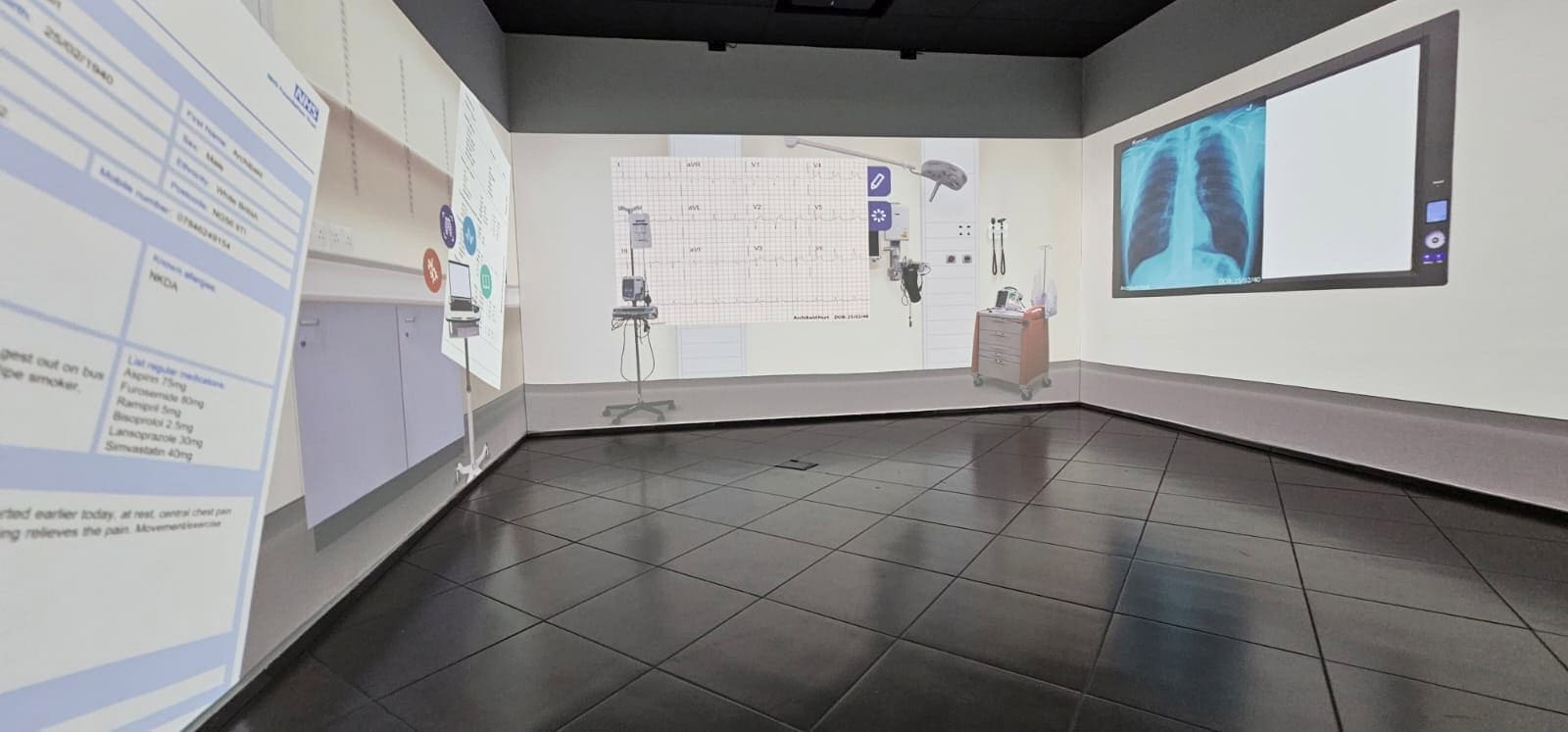Best Practices for Effective Learning with Immersive Technologies
Immersive learning is revolutionising education and training, offering dynamic experiences that engage learners in ways traditional methods cannot. However, the successful integration of immersive technologies requires careful planning and consideration.
The following best practices, outlined in collaboration with Gener8, a leader in immersive technology solutions, offer practical guidance for educators looking to leverage immersive technologies effectively.
From assessing the suitability of immersive tools to ensuring a learner-centric approach and providing clear onboarding, these steps aim to maximize the benefits of immersive learning while addressing potential challenges.
By following these recommendations, educators can harness the power of immersive technologies to enhance learning outcomes and create engaging educational experiences.
1. Exploring if immersive is the right learning tool
Before committing to an immersive learning programme, educators should collaborate with Gener8 to assess whether immersive technologies align with their learning objectives and desired outcomes. Immersive technology should serve as a means to engage learners effectively, not as the primary focus.
Rushing into immersive learning without clear goals risks turning it into a costly gimmick.
2. Choosing the right technology for the job
Gener8 understands that different immersive technologies offer unique benefits and limitations.
Educators must work closely with Gener8 to select the most suitable technology based on factors such as subject matter, desired level of immersion, available resources, and audience age.
Ensuring age appropriateness and considering whether the experience should be shared or solitary are essential considerations.
3. Clear onboarding & safe environment
Immersive experiences can be exciting but also intimidating for new users.
Gener8 recommends providing comprehensive instructions on using the hardware, understanding the experience, and knowing how to exit if needed.
Gener8’s expertise can help in providing a friendly avatar guide for assistance, enhancing the onboarding process and ensuring a safe and comfortable learning environment.
4. Planning your structure
Planning an immersive learning experience requires a shift from traditional classroom content structuring. Educators must anticipate various scenarios and actions, as learners often have greater control.
Gener8 emphasises breaking down content into bite-sized experiences to maintain learner engagement, with sessions typically capped at around 20 minutes to prevent cognitive overload.
5. Keep it learner-focused
Regardless of the audience’s age or skill level, immersive learning experiences should prioritize the user’s needs and preferences.
Gener8 understands that understanding learners’ technological proficiency and attention span is crucial for designing effective content. Immersive learning should be seen as a complementary tool rather than a standalone solution, with careful consideration given to its integration with other learning methods.
It’s important for educators to recognize that immersive learning is not a panacea for all educational challenges. Alongside the initial investment in hardware, the ongoing costs of content development must be factored in.
By approaching immersive learning with thoughtful consideration and a learner-centric mindset, educators can leverage its potential to enhance the educational experience and drive meaningful learning outcomes in partnership with Gener8.

